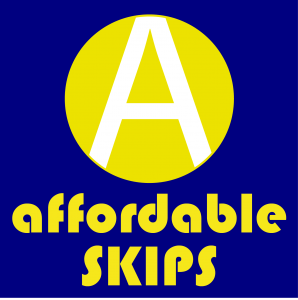Picking the Right Size Skip
Picking the right skip sizes for the job made easy.
Acceptable Waste Types
Make sure you only fill your bin with acceptable waste types.
Green waste is biodegradable waste. Green waste can include:
- Grass cuttings
- Flower & flower cuttings
- Hedge trimmings
- Food waste no packaging or food containers.
- Leaves
- Pruning’s
- Branches
- Weeds must be clean of any excess soil or dirt
- Plants that are not in pots and have been cleaned of excess soil & dirt.
General Household Waste suitable for landfill. General household waste includes:
- Nappies and sanitary products (bagged for health reasons)
- Soft plastics such as chip packets
- Food scraps or expired food
- Non-reusable clothes, linen and shoes
- Small household batteries
- Boxes and polystyrene packaging
- Broken/unwanted ceramics, light bulbs, mirrored glass or drinking glasses
- Kitty litter
- Recyclable, biodegradable or reusable bags
- Broken/unrepairable toys
- Non-reusable pens, pencils, rubber bands, pencil sharpeners (and other stationery items).
Note: -You can not put Bricks, Concrete, Soil in General Household Waste bins:
Building Site Waste excluding any toxic or hazardous chemicals. Building waste examples:
- Insulation
- Nails & other building materials
- Electrical wiring
- Rebar (short for reinforcing bar)
- Tree stumps
- Building rubble
- Bricks
- Concrete
- Plasterboard
- Wood either damaged or unused off cuts
- Carpet
Recyclable Waste suitable for recycling plants. Examples of recyclable waste:
- Glass
- Paper such as newspapers, paper shredding, paper offcuts, etc.
- Metal such as steel, aluminium, copper and brass.
- Plastic bottles, packaging, moulded plastics etc.
- Textiles
- Electronics
- Car batteries – always place car batteries on top of the bin
Unacceptable Waste Types
Make sure you only fill your bin with acceptable waste types.
What can’t you put in a skip bin:
- Putrescible waste (including food waste, nappies and pet waste)
- Liquid water (including paints, oils, chemicals and thinners)
- LPG gas cylinders.
- Asbestos.
- Hazardous waste.
- Tyres.
- Batteries.
- E-Waste (electronic waste)
Super Low Prices everyday*.
Book online today
for greater savings
2cubic metre $240
3cubic metre $285
4 cubic metre $330
6 cubic metre $440
*Terms & Conditions Apply - Delivery charges maybe incurred





